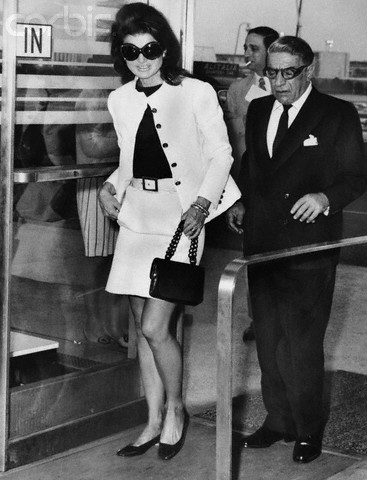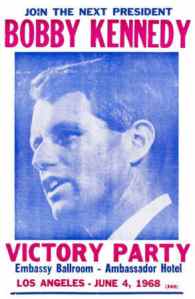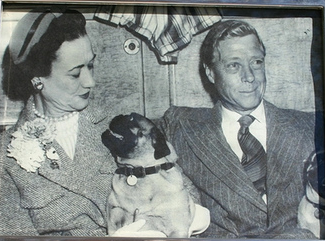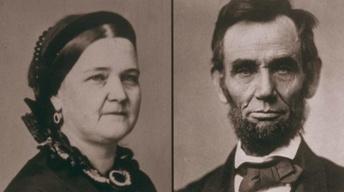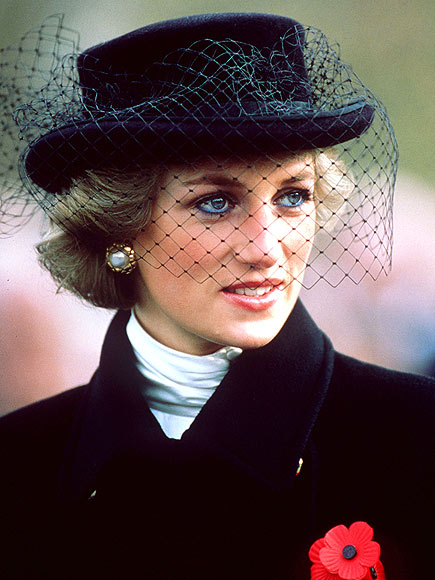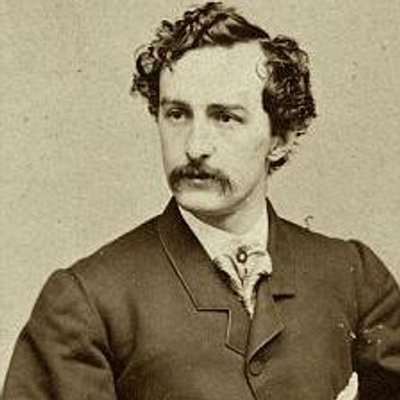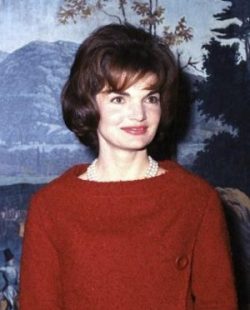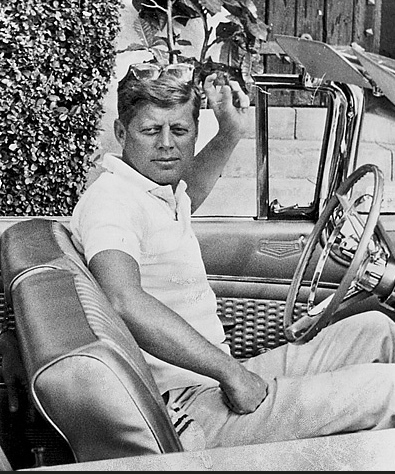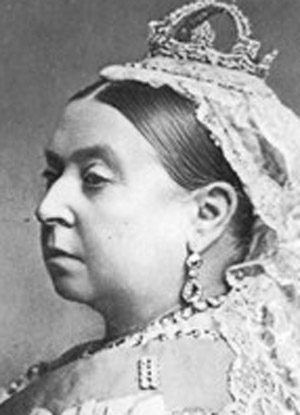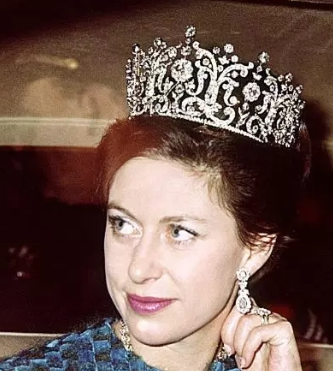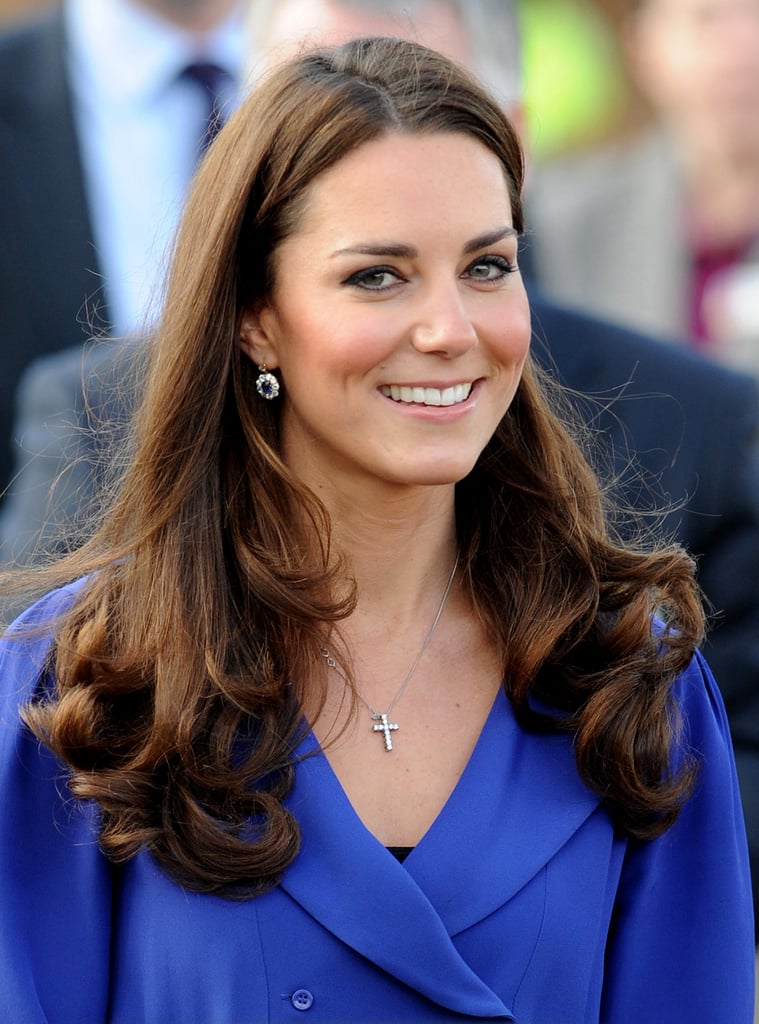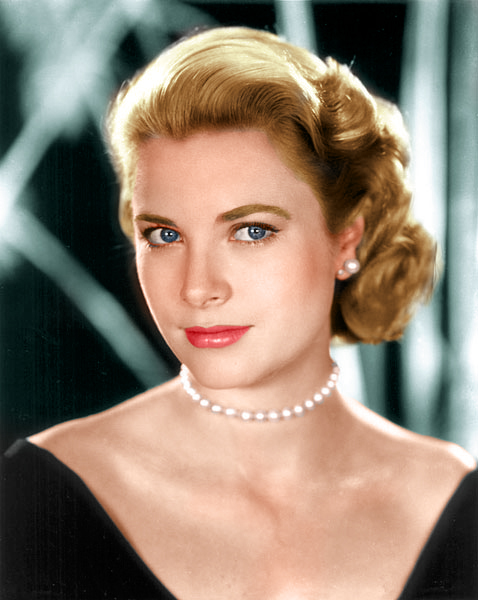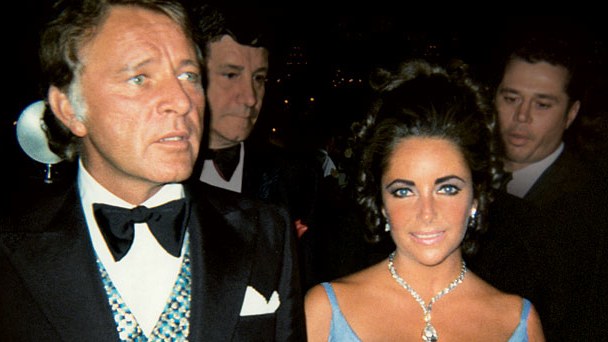
American Royalty: President John and Jackie Kennedy stroll the White House grounds.
It was a star-studded event. It was Saturday, May 19, 1962, and the young, dashing, and popular U.S. President John F. Kennedy was turning 45. The Democratic Party held a huge fundraiser at New York’s Madison Square Garden. The birthday salute was televised before a national audience and 15,000 people had paid for seats to catch the show live at the Garden. The cream of American show business turned out to pay homage to Kennedy – Ella Fitzgerald, Peggy Lee, Jack Benny, Henry Fonda, Harry Belafonte. Greek opera diva Maria Callas was also there. Actor Peter Lawford, the president’s brother-in-law, served as master-of-ceremonies. But the pièce de résistance – the showstopper – was the performer who sang the finale – sexpot and film star Marilyn Monroe.

First Lady Jackie Kennedy riding horses with her children at their Middleburg, Virginia, retreat "Glen Ora." Jackie grew up surrounded by horses and was an accomplished equestrian. President John Kennedy did not share her passion for horse shows and riding. He was allergic to horse hair. November 19, 1962.
It seemed that everyone was there – except the honoree’s wife – Jackie Kennedy. The president attended the ceremony without the First Lady at his side. When Jackie had learned that Marilyn was to be performing at the benefit, she decided she was not about to attend. She instead became a last-minute participant in the Loudoun Hunt Horse Show at Glen Ora, her weekend home. Jackie knew that her husband and Marilyn Monroe were lovers – and Jackie was not about to have her nose rubbed into it in front of a national audience.
Marilyn Monroe (1926-1962) was wild for Jack Kennedy. She accepted the invitation to appear in New York in violation of her contract with Twentieth-Century Fox – and their relationship was already at its breaking point. Production on her latest film, “Something’s Got to Give,” had been on start/stop for months due to Marilyn’s chronic tardiness and absence. Marilyn was in a narcotics and booze nosedive and living on impulse. She was in hot pursuit of Jack Kennedy and nothing would get in her way. She was scheduled to sing “Happy Birthday” to the president.
![Gentlemen Prefer Blondes [A1] (Marilyn Monroe) Marilyn Monroe in "Gentleman Prefer Blondes" (1963)](https://lisawallerrogers.files.wordpress.com/2009/09/gentlemen-prefer-blondes-a1-marilyn-monroe.jpg?w=500)
Marilyn Monroe in "Gentleman Prefer Blondes" (1953)
“All weekend, the white-carpeted, unfurnished rooms at Fifth Helena echoed with Marilyn’s whispery voice. She lay in the tub singing “Happy Birthday.” She sat on the living room floor, endlessly tape recording and listening to herself….” (1)
Then, ignoring the studio’s stern warning, Marilyn flew from Hollywood to New York with Peter Lawford, singing on the airplane. She continued to practice once in her New York apartment. Those who listened said her interpretation grew sexier, more and more outrageous. Friend Paula Strasberg warned that it verged on self-parody.
Finally, the night of the performance arrived. Backstage, Marilyn got into her costume – a flesh-toned slip of a dress by Jean-Louis sewn with 2500 rhinestones. The gown was so snug Marilyn had to be sewn into it. Paralyzed with stage fright, Marilyn kept ignoring her cue to appear on stage. She hung back, drowning her fears in alcohol, before Milt Ebbins shoved her onto the stage.
“She walked like a geisha….” (1)
“The figure was famous and, for one breathless moment, the 15,000 people in Madison Square Garden thought they were going to see all of it. Onto the stage sashayed Marilyn Monroe, attired in a great bundle of white mink. Arriving at the lectern, she turned and swept the furs from her shoulders. A slight gasp rose from the audience before it was realized that she was really wearing a skintight flesh-toned gown.” (2)

Marilyn Monroe at the microphone singing "Happy Birthday, Mr. President," at President John F. Kennedy's birthday bash, May 19, 1962.
“When she came down in that flesh-colored dress, without any underwear on…” said Hugh Sidey of Time, “you could just smell lust. I mean, Kennedy went limp or something. We all were just stunned to see this woman.”
“What an ass…what an ass,” whispered Kennedy.
“Happy…Birthday…to you,” Marilyn began to sing [whisper]. (3)
Her rendition of “Happy Birthday, Mister President” – was soft, seductive, and pathetic. The 35-year-old Marilyn was high as a kite (and wearing a wig that was slipping). Columnist Dorothy Kilgallen called it nothing less than:
“…making love to the President in the direct view of forty million Americans.”

President John F. Kennedy speaks to the audience at Madison Square Garden at his 45th birthday bash, May 19, 1962.
At the end of the performance, a noticeably-embarrassed President Kennedy took to the stage and announced disingenuously:
“I can now retire from politics after having had Happy Birthday sung to me in such a sweet wholesome way.” (2)
At an after-party, a photographer caught President Kennedy and brother Robert Kennedy hovering over Marilyn in the library, still wearing the see-through dress Marilyn called “skin and beads.”
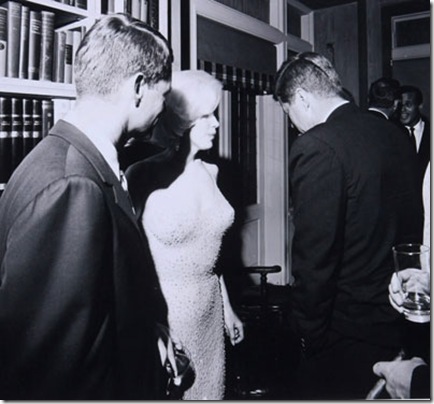
Bobby Kennedy, Marilyn Monroe, and President John Kennedy gather following Monroe's iconic performance of "Happy Birthday, Mr. President," at Madison Square Garden, May 19, 1962. Marilyn is still wearing the gown she wore in the performance which she referred to as "skin and beads." The auction house Christie's later sold this dress for $1.2 million, the most money ever paid for a dress.
Kennedy’s Ambassador to the United Nations, Adlai Stevenson, was at the party and saw Marilyn’s “skin and beads” dress. He later wrote to Mary Lasker:
“I didn’t see the beads!”

Greek opera diva Maria Callas (1923-1977) laughs it up with blonde bombshell Marilyn Monroe at President Kennedy's 45th birthday bash at Madison Square Garden, May 19, 1962. First Lady Jackie Kennedy did not attend the celebration. Marilyn Monroe was President Kennedy's lover when Jackie was Mrs. Kennedy. Maria Callas was the clandestine lover of Aristotle Onassis when Jackie was Mrs. Onassis.
Jackie Kennedy watched Marilyn’s performance on TV the next day. She was livid. The rumors about Jack and Marilyn were flying. Jackie called up sister-in-law Ethel Kennedy and complained that she just knew Bobby had staged the prank. Jackie ordered Jack to stop seeing Marilyn. (4) Jack also sent word to the press that there was nothing to the rumors of an extramarital affair between him and Marilyn Monroe, which, we know, was a lie.
President Kennedy broke off the relationship with Marilyn. Her performance at Madison Square Garden became her last public appearance. Marilyn became profoundly affected by the break-up with the President and her loss of other men, including ex-husband Arthur Miller, who had recently remarried.
As a result, the summer following the Madison Square Garden show, Marilyn dove deeper and deeper into a downward spiral of drugs and alcohol, storm and stress, and depressed isolation. Out of necessity, the production of her film, “Something’s Got to Give” came to a halt, because the star was a “no-show” on the set.
The movie was never finished. On August 5, Marilyn Monroe – born Norma Jeane Baker – was found dead in her home from a drug overdose – an apparent suicide – and the world was shocked.

Goodbye, Norma Jeane
(1) Leaming, Barbara. Marilyn Monroe. New York: Three Rivers Press, 1998.
(2) Smith, Sally Bedell.Grace and Power: The Private World of the Kennedy White House. New York: Random House, Inc., 2004. (excerpted from a Time magazine article)
(3) Klein, Edward. All Too Human: The Love Story of Jack and Jackie Kennedy. New York: Pocket Books, 1996.
(4) Taraborrelli, J. Randy. Jackie Ethel Joan. New York: Warner Books, Inc., 2000.
*Readers: I’ve written many posts on Jackie O and the Kennedys. Please look in the right sidebar – Categories – People – the Kennedys. Enjoy!


